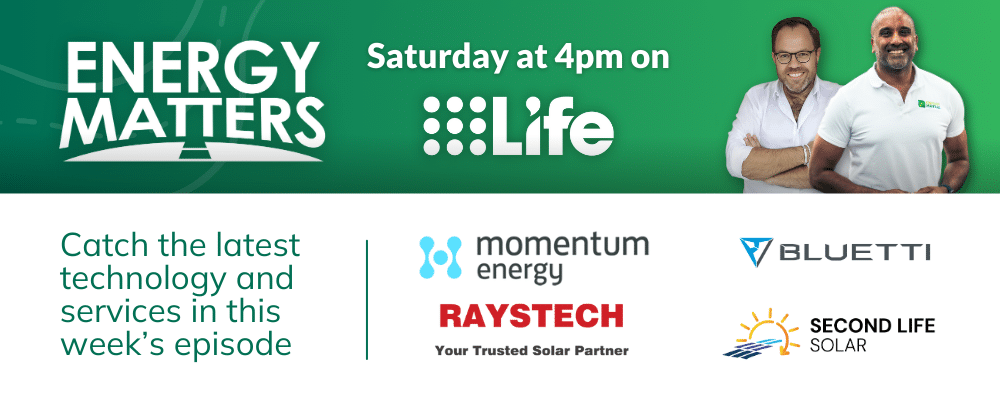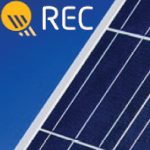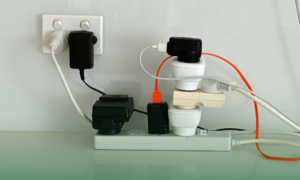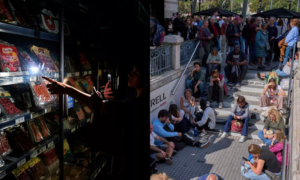Speaking at the Reuters Global Climate and Alternative Energy Summit, Norwegian solar power company Renewable Energy Corp (REC.) said solar energy is a minimum 3-5 years away from becoming cost competitive with fossil fuel-based electricity.
REC says the delay is in part due to oil and gas subsidies that total “several hundred billions of dollars” globally each year, propping up fossil fuels’ continued dominance in the energy mix.
Companies like REC have been at the forefront of the pursuit of the holy grail of solar – fossil fuel parity. Through innovations such as REC’s Fluid Bed Reactor (FBR) technology, which is lowering the production cost of polysilicon and making solar energy a more affordable alternative, REC is helping to move closer to parity, but continued high levels of support for filthy fossil fuels are presenting somewhat of a glass ceiling.
However, REC’s Chief executive, Ole Enger, says that even a moderate carbon price would see solar energy already quite competitive without subsidies.
REC solar panels are a relative newcomer to the Australian market, but have been a popular choice in Europe for their performance vs. cost for some years and the company has won numerous awards. In Australia, Energy Matters was the first company to offer REC solar panels for the local home solar power market.
REC, a vertically integrated company employing around 4,000, consists of three arms. REC Silicon and REC Wafer are among the world’s largest producers of polysilicon and wafers for solar applications. REC Solar is the company’s solar module manufacturing arm.














































